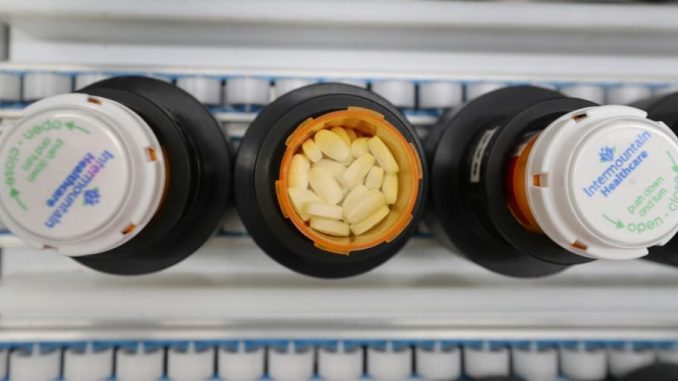
The Trump administration signaled Wednesday it will allow cheaper prescription drugs from Canada to be imported to the US, a reversal of longtime Republican policy.
Under the new framework, pharmacies, drug wholesalers, and states can apply for federal approval to import drugs from foreign countries.
The US pays far higher prescription drug prices than other developed countries. Drugs are typically priced three times higher in the US than they are in Britain. Bottles of insulin that cost hundreds of dollars in the US can cost a mere $21 in Canada.
Exorbitant drug costs are shaping up to be a major election issue. Just days ago, Democratic presidential candidate Bernie Sanders bussed a group of people with Type 1 diabetes over the border to Canada to purchase insulin at roughly one-tenth of what it would have cost in the US. Millions of Americans do some version of this, according to a Kaiser Family Foundation poll.
Republicans have consistently fought against importing drugs from other countries, citing health and safety concerns. At the same time, they have argued that other countries are freeloading because the US pays for a major amount of drug company research and development costs
Health and Human Services Secretary Alex Azar said Wednesday the new framework will include safeguards to ensure the safety of imported drugs. The plan outlines two “pathways” of importation. Under one, states, wholesalers, and pharmacists can apply for a demonstration project to import Health Canada-approved drugs. Health and Human Services would need to analyze and sign off on each proposal.
Under the second pathway, drug manufacturers can apply to the Food and Drug Administration to approve importation of foreign drugs that are the same as drugs already approved to be sold in the US.
The idea is raising concerns in Canada. Last week, 15 medical groups representing Canadian doctors, pharmacists and hospitals warned that a surge of American demand could cause supply shortages north of the border.
“The Canadian medicine supply is not sufficient to support both the Canadian and US consumers,” says a letter from the group written to the federal health minister.
This month, the Senate has released three bipartisan packages of legislation to bring down drug prices. However, none of them will make it to a vote before the August recess.
Health and Human Services Committee chairman Lamar Alexander acknowledged Tuesday that powerful medical lobbies will spend the summer aggressively pushing to water down or outright kill the bills.
*story by Buzzfeed News